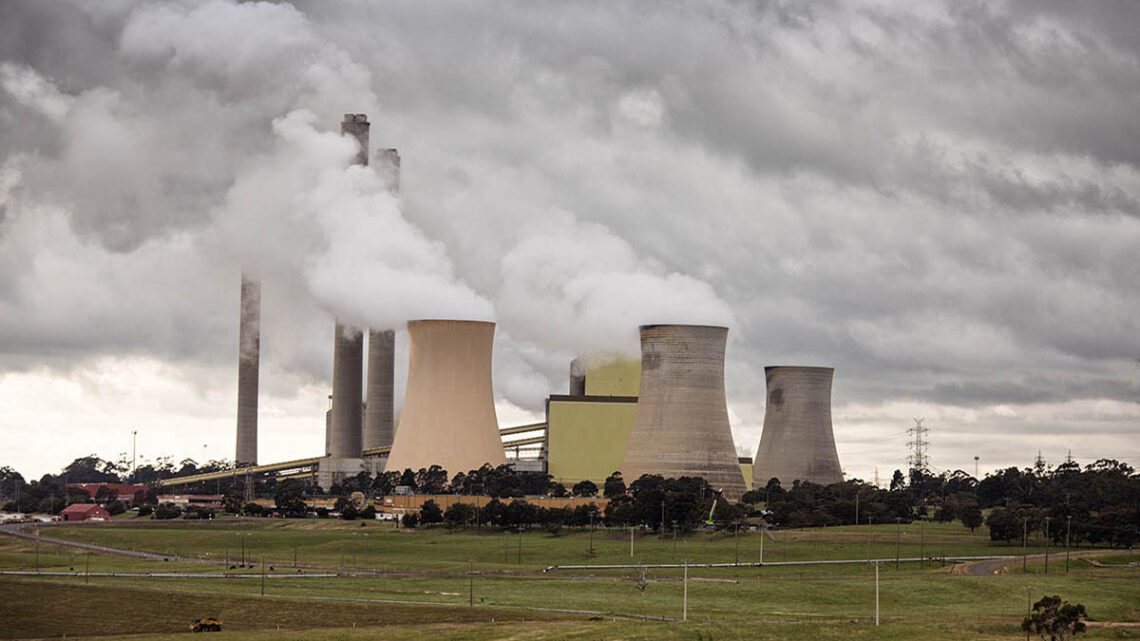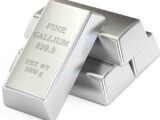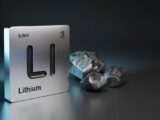
Nuclear battle: historic debate powers up
September 27, 2023With vast uranium deposits, a stable political and tectonic landscape, and ample room for waste storage, Australia looks on paper to be an ideal adopter of nuclear power. But the nation’s route on the yellowcake road has become an increasingly divisive issue between the major parties.
A back-and-forth between the Labor and Liberal parties has turned feistier. Opposition leader Peter Dutton has long advocated for an increased proportion of national energy to be nuclear and claimed Climate and Energy Minister Chris Bowen had become “unhinged” after the former treasurer released figures suggesting a shift from coal-fired power to nuclear would cost the nation A$387 billion.
While nuclear power has traditionally been objected to by the far left and environmentalists concerned about radioactivity and safety, Australian Labor Party member Mr Bowen has put his objections down to economics.
“Peter Dutton and the Opposition need to explain why Australians will be slugged with a $387 billion cost burden for a nuclear energy plan that flies in the face of economics and reason,” the nation’s Energy Minister said.
“After nine years of energy policy chaos, rather than finally embracing a clean, cheap, safe and secure renewable future, all the Coalition can promise is a multi-billion-dollar nuclear-flavoured energy policy.”
The Opposition has made no formal indications of what proportion of the nation’s coal-fired sources would be replaced by nuclear, and Mr Bowen has said that Mr Dutton needs to put up the Liberal-National Coalition’s own figures or shut up.
“I can’t think of a worse fit, a worse fit for Australia’s energy needs than nuclear power. It’s slow to build, it’s not flexible, generates a lot of nuclear waste,” he said.
Australia’s abundant coal reserves, a far cheaper but carbon-intensive form of power, has long stood in place of nuclear, but with emissions targets at a fore of global policymaking, it is an energy source already on the way out.
But the development of renewable sources has lagged the closure of coal plants, with major supply shortage risks for the nation’s main electricity grid tipped to escalate, in predictions found in the Australian Energy Market Operator’s Electricity Statement of Opportunities report.
The Australian Greens oppose both nuclear and gas with full sight on renewables, but the technology needed to complete a full transition remains out of reach.
Mr Bowen has placed an onus on gas to support a renewable transition, but major projects including private energy company Snowy Hydro’s 660-megawatt Kurri Kurri gas plant in the New South Wales Hunter Valley and Beach Energy’s (ASX: BPT) Waitsia gas plant in offshore Western Australia have hit significant delays.
Though nuclear is hardly a short-term option and, without an established industry, Australia would be unlikely to bring nuclear power online within a decade.
But other nations have already gotten started. France plans up to 14 new reactors by 2050 while the UK has a target of a quarter of energy provided by nuclear power by 2050. In the US both sides of the aisle have supported nuclear to assist in reaching climate targets, while China has laid out plans to increase its capacity to 70 gigawatts by 2025.
The United Nations Special Envoy on Climate Action and Finance has stated the UN has never seen a credible transition strategy without nuclear, something backed up by US Special Presidential Envoy for Climate and former Democratic presidential hopeful John Kerry who has said that there is no chance of getting to net-zero by 2050 without nuclear in the mix.
There has not always been such a large divide from the major parties.
While long-time Labor party leader, former prime minister Gough Whitlam quickly scrapped any ambitions Australia had for nuclear weapons, the late PM had won an election with plans for uranium enrichment and nuclear power. Meanwhile the party’s longest serving PM, the late Bob Hawke, once said nuclear energy would be “a win for the global environment and a win for Australia.”
And Australia almost had a nuclear power station at Jervis Bay in NSW, but the development was scrapped for economic reasons when Liberal prime minister Billy McMahon took over from his fellow party member ex-PM John Gorton in 1971.
In fact, the nuclear divide has historically been drawn more on lines of gender rather than party loyalty, and surveys since the 1970s have repeatedly found a large spread between male and female approval levels.
Incidents at the nuclear power plants in Chernobyl, Fukushima and Three-Mile Island have all had a large effect on public opinion surrounding nuclear, but continually evolving technology has made the nuclear option safer than ever before.
When measured in terms of deaths per electricity generated, nuclear is one of the safest and cleanest sources, with accidents and air pollution deaths associated with brown coal standing at 32.72 compared with 0.07 for nuclear.
The Fukushima power plant in Japan was built in 1969, scheduled for decommissioning in 1992, and failed in 2011 when a 15-metre tsunami caused by a major earthquake disabled its power supply.
But the Onagawa plant was closer to the epicentre of the earthquake, with its first reactor built just 11 years later in 1980, and it survived unscathed.
By 2019, the United States Nuclear Navy had logged over 5400 reactor years of accident-free operations. Meanwhile, the percentage of Americans favouring nuclear energy continues to grow.
Mr Dutton said Mr Bowen’s attack on his plans for more nuclear energy were a sign they were gaining traction with the Australian public. While that claim remains opaque, the signs are clearer that emissions targets and slow-growing renewables will have the nation once again addressing its nuclear future – particularly if the lights go out.
Please note the following valuable information before using this website.
Independent Research
Market Open Australia is intended to be used only for educational and informative purposes, and any information on this website should not be taken as investment advice or guidance. It is important to conduct your own research before making any investment decisions, which should be based on your own investment needs and personal circumstances. Any investment decisions based on information contained on this website should be taken in line with independent financial advice from a qualified professional or should be independently researched and verified.


